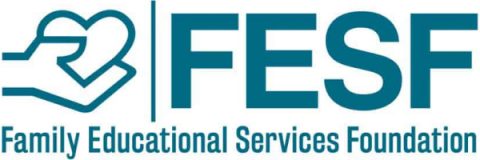FAQs
FESF was informally launched by like minded educators in 1984. With aspirations to offer greater services, FESF formed a non-profit organization in 2002. A foundational goal of FESF is to provide high-quality educational services to some of the most neglected sectors of Pakistan’s society, in particular the Deaf community.
FESF is set up in Pakistan under the license from S.E.C.P. under section 42 of the Companies Act, 2017. Approved U/S 2 (36)(c) of the income Tax Ordinance 2001, read with I.T. rule of 2002. Our accounts are audited by Deloitte Yousuf Adil.
With over 250 staff members, FESF employs a wide range of people. FESF actively recruits those whose passion and skill sets align with our projects and goals. To meet our management team, visit our Leadership page here.
FESF generates its operating funds via the corporate sector, the government, Zakat ministry, donor agencies, and private individuals. The majority of FESF funding comes from within Pakistan.
Donations to FESF from within Pakistan are tax-deductible. For tax exemptions in U.S.A. and Canada, visit our Donate page with instructions on donating through our partner organizations.
FESF is approved and eligible for Zakat by Zakat & Ushr Dept., Gov’t of Pakistan. All donations are tax exempted. Zakat donations are collected and utilized under the supervision of a three-member Shariah Advisory Committee in consultation with AlHamd Shariah Advisory Services PVT Ltd (SECP approved). Click to view certification and advisor profile.
FESF actively supports equal employment opportunity for all and fosters an enabling work environment for the deaf. FESF’s high caliber, highly trained instructors deliver an excellent level of education for its students. For current careers opportunities, visit our Careers page.
Volunteers make welcome contributions to FESF and our Deaf Reach Programs (see Volunteers Voice for testimonials from some of our volunteers) . For information on how to volunteer, contact us.
The native language of Pakistan’s Deaf community is Pakistan Sign Language (PSL). Similar to spoken languages, PSL has a variety of dialects in different regions of the country. While many common words are shared, some will be regional-specific. We have attempted to document the most commonly used sign for each word in our Pakistan Sign Language lexicon.
A documented Pakistan Sign Language (PSL) opens doors of communication. It allows the Deaf, their families, and teachers to communicate. PSL ultimately enables the Deaf of Pakistan to gain greater and more meaningful access to education, healthcare, legal representation, communication, and community participation.
Partner with Us
Your donations enable us to provide Deaf Education, create educational resources to teach the Deaf, and provide a bright future to thousands of children.

